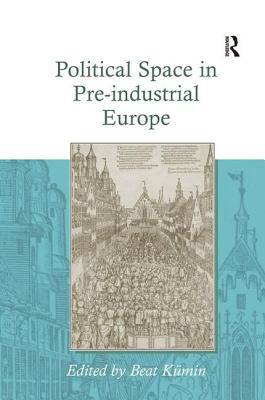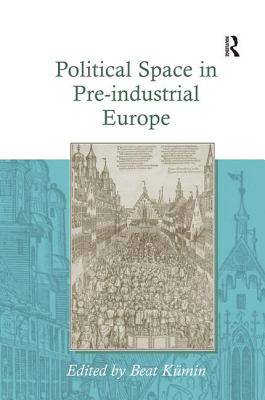
- Retrait gratuit dans votre magasin Club
- 7.000.000 titres dans notre catalogue
- Payer en toute sécurité
- Toujours un magasin près de chez vous
- Retrait gratuit dans votre magasin Club
- 7.000.0000 titres dans notre catalogue
- Payer en toute sécurité
- Toujours un magasin près de chez vous
Description
This collection examines the potential and limitations of spatial approaches for the political history of preindustrial Europe. Adopting a broad definition of 'political', the volume concentrates on two key questions: Where did political exchange take place? And how did spatial dimensions affect political life in different periods and contexts? Taken together, the essays demonstrate that premodern Europeans made use of a much wider range of political spaces than is usually assumed, and that spatial dimensions provided key variables in political life. By bridging common gaps between periods and disciplines, the volume offers a timely and critical engagement with the 'spatial turn' and a review of the potential and limits of spatial approaches for political history as a whole.
Spécifications
Parties prenantes
- Auteur(s) :
- Editeur:
Contenu
- Nombre de pages :
- 296
- Langue:
- Anglais
Caractéristiques
- EAN:
- 9780754660729
- Date de parution :
- 18-09-09
- Format:
- Livre relié
- Format numérique:
- Genaaid
- Dimensions :
- 156 mm x 234 mm
- Poids :
- 594 g

Les avis
Nous publions uniquement les avis qui respectent les conditions requises. Consultez nos conditions pour les avis.






